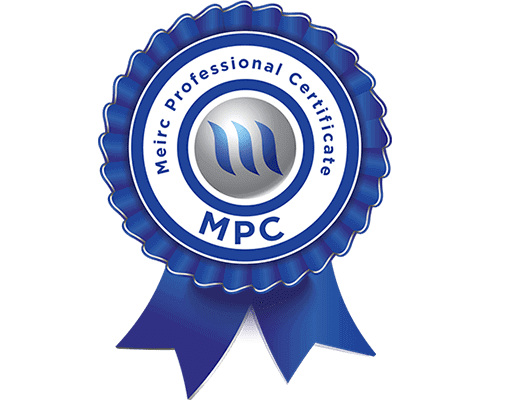
IIBA Endorsed Certified HR Analyst
Why Attend
Data is crucial for any business. This is not an argument anymore, but rather a matter of fact. Therefore, HR professionals need to develop their data analysis competency in order to inform and transform their current HR practices and most importantly, business decisions.
This certified course offers participants a hands-on approach on collecting, structuring, and analyzing HR-related data in areas like workforce planning, performance management, diversity and inclusion, learning and development, recruitment, retention, leadership, and employee engagement. The practices shared come from highly renowned organizations around the world like Amazon, UPS, Nielsen, Westpac, and the Metropolitan Police.
This data-driven approach ensures that HR professionals bring high-value input to people-related decisions and shape the future of their organizations using a scientific and unbiased approach.








